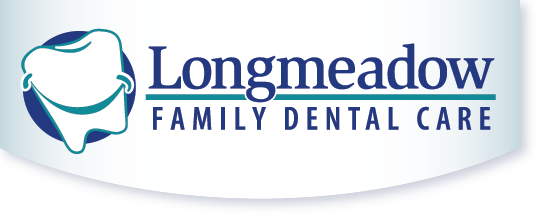What Is Dry Mouth and How Do I Treat It?

With the colder weather comes drier air, particularly in our homes. Our furnaces tend to dry out the air we breathe, potentially making issues like dry mouth worse. Dry mouth occurs when your salivary glands don’t produce sufficient saliva to keep your mouth moist. Dry mouth can be a side effect of certain medical conditions, medication use, as well as several other factors.
The following are common signs of dry mouth:
- Persistent thirst
- A dry sensation in the mouth and throat
- Cracked lips and corners of the mouth
- Sore throat
- Sores around and in the mouth
The Dangers of Dry Mouth
Saliva neutralizes the acids from bacteria in the mouth, the foods you eat, and the beverages you drink. It also makes chewing and swallowing easier and aids digestion. When your mouth is dry, the acids in your mouth are more concentrated and are more likely to cause tooth decay and gum disease. The chances of tooth decay also increase because food particles are more likely to linger in a dry mouth.
Saliva also helps your teeth absorb key minerals including calcium and fluoride. Without enough saliva, your teeth can become weaker and vulnerable to damage.
Without enough saliva to provide proper lubrication, parts of the mouth including the tongue and gums can become swollen and inflamed. This condition provides an environment for germs to breed and cause bad breath.
How to Treat Dry Mouth
- Drink plenty of water: Among its many benefits, water promotes saliva production.
- Suck on mints or chew gum: Both mints and gum encourage the production and flow of saliva in your mouth. Choose sugar-free mints and gum.
- Breathe through your nose: Breathing through the mouth dries out the mouth. If your nose is too congested for easy breathing, try clearing it with a saline nasal spray.
- Avoid alcohol and caffeinated drinks: These beverages are diuretics which can leave you and your mouth dehydrated.
- Snack on fruits and vegetables: Bypass potato chips and chocolates and choose nutritious fruits and vegetables to ease your hunger pains. These foods are not only healthy, but they’re also full of water, which can make your mouth feel less dry.
- Avoid salty foods: Salty foods, including potato chips and deli meats, can dry out the mouth and be careful of processed foods.
- Speak to your doctor about medications: Dry mouth is a common side effect of many medications. If you suffer from dry mouth, ask your doctor whether another medication could treat your condition without making your mouth dry.
If you have any concerns about potential dry mouth, make an appointment with your friends at Longmeadow Family Dental Care.

